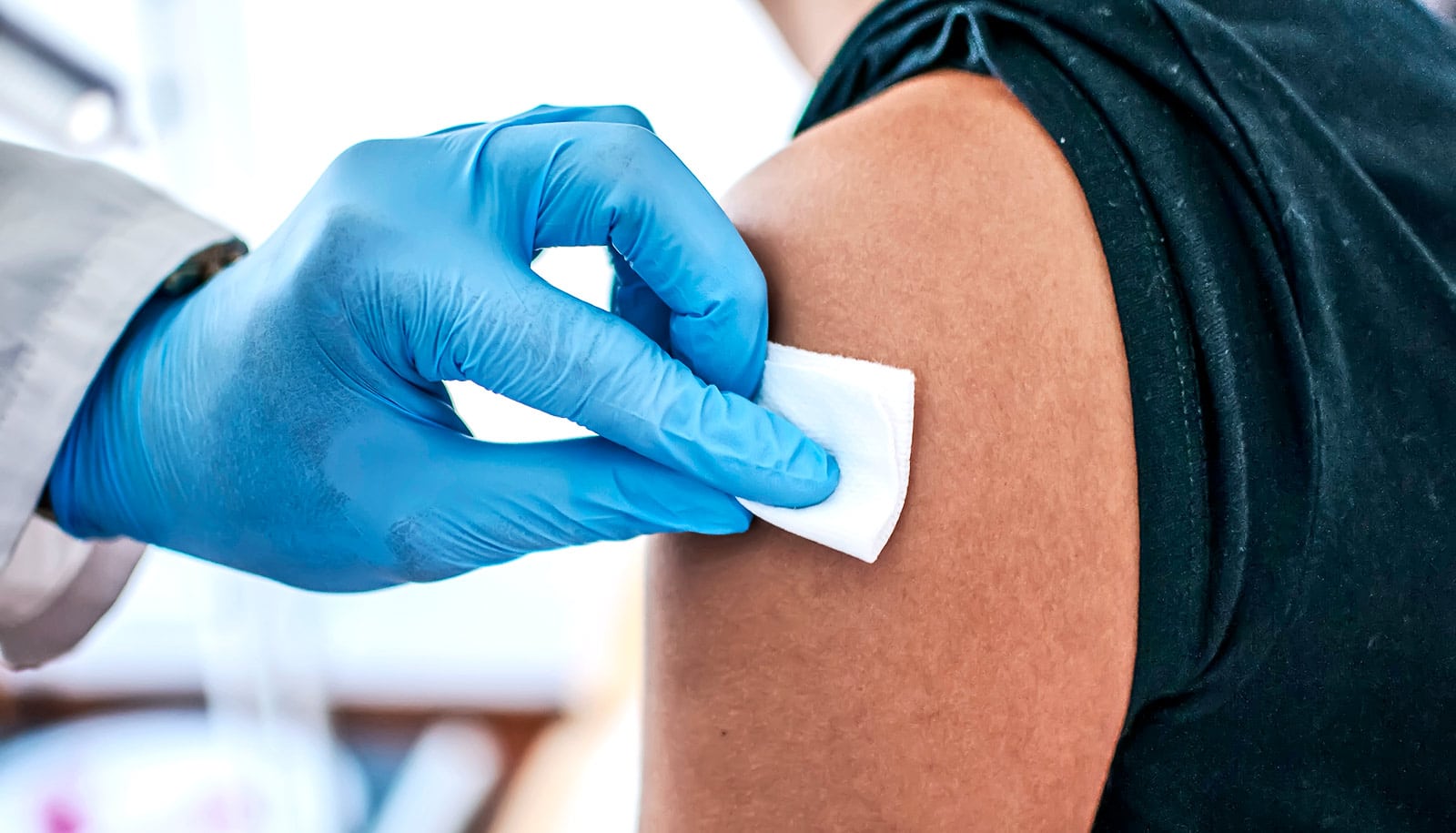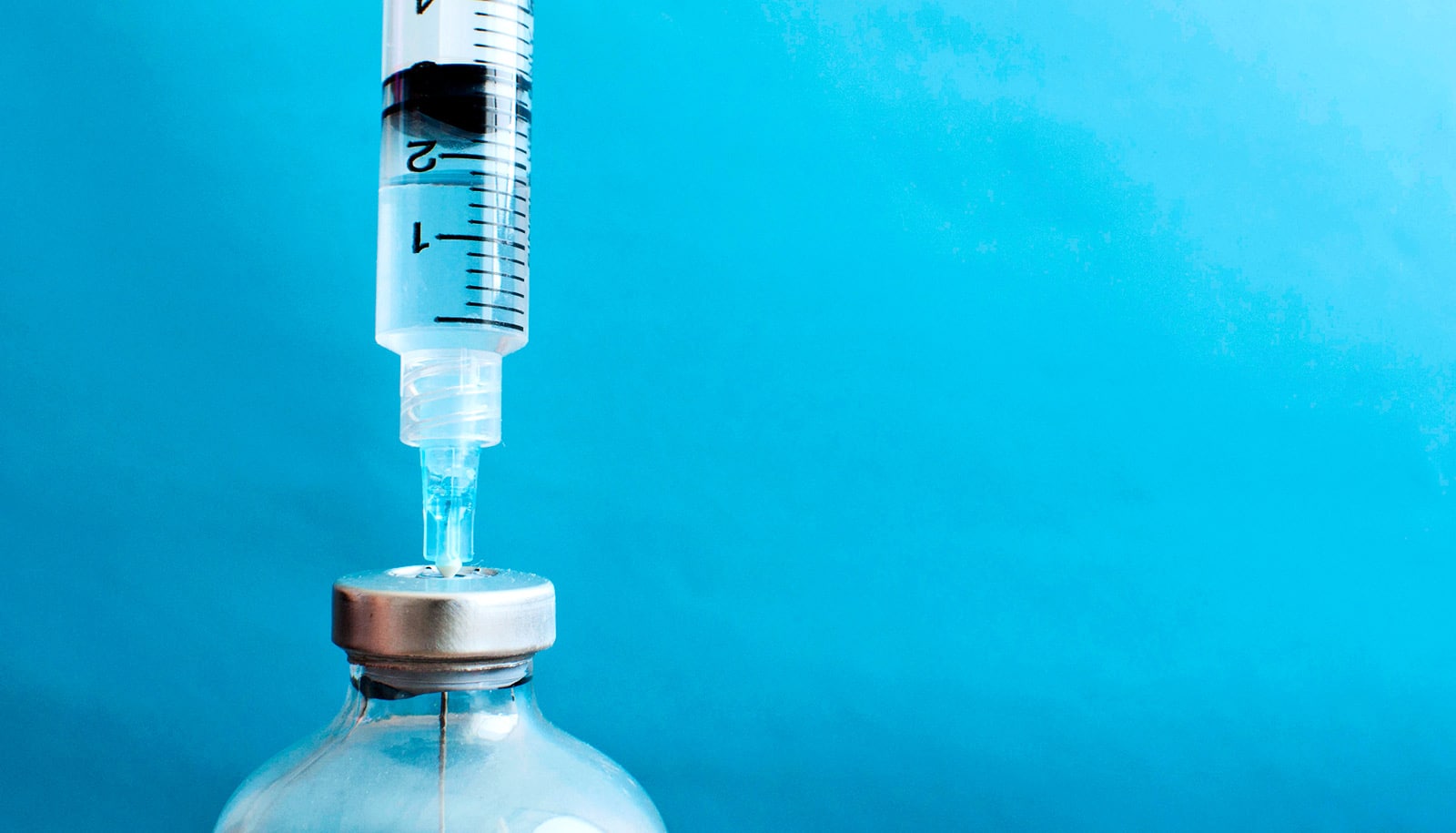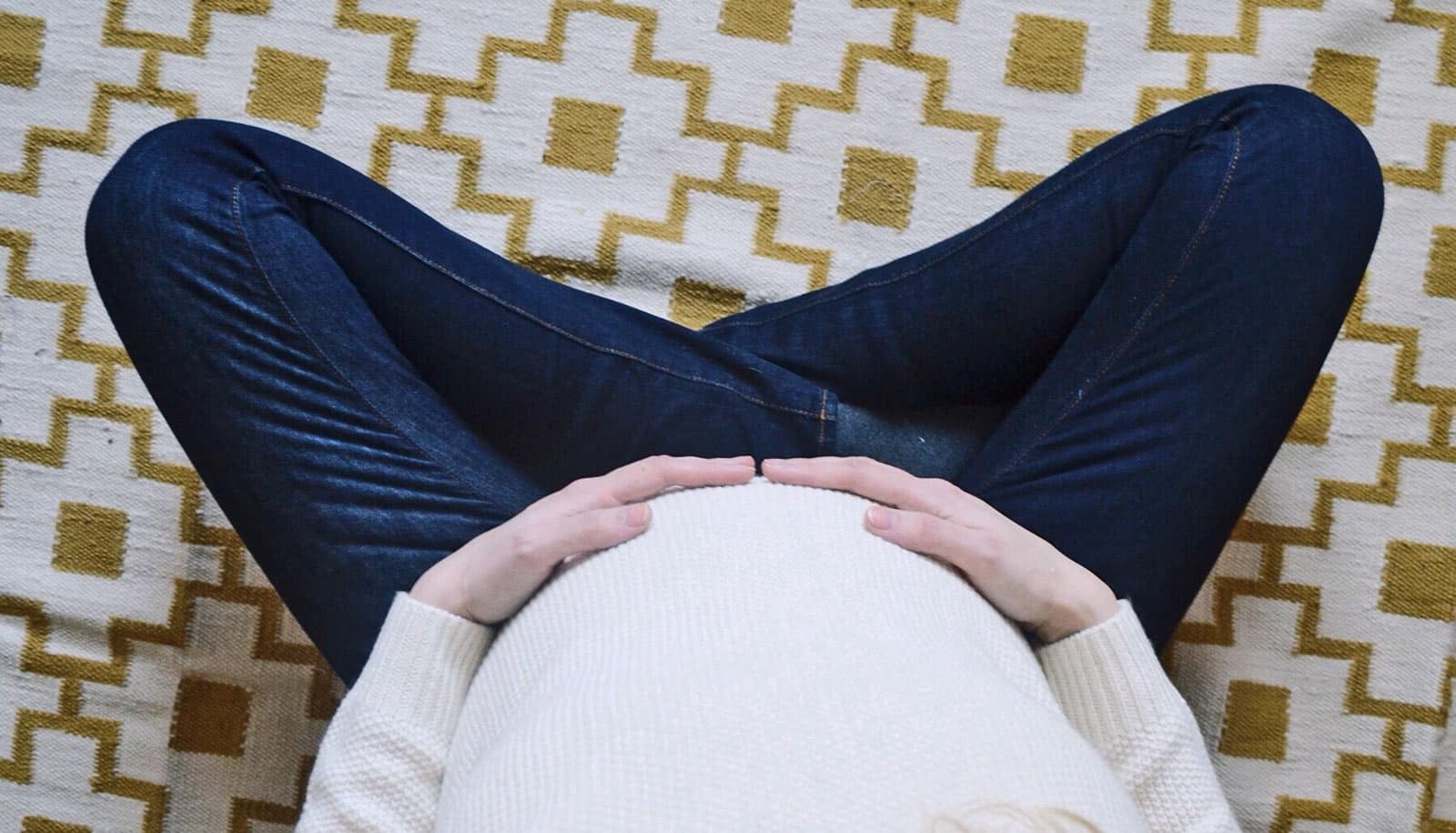A vaccine against fatal pregnancy malaria shows promising results in the first tests in humans, researchers report.
For many years, a team of researchers has focused on developing a vaccine that can protect against pregnancy malaria, which kills 220,000 people every year. In a new study, which appears in Clinical Infectious Diseases, the researchers share the results of the vaccine’s phase one clinical trial. The findings are uplifting: The vaccine is safe to use, and it passes the test by inducing the right antibody response in the blood.
“It is a great milestone for us to be able to show that our vaccine is completely safe and induces the exact antibody response in the blood we want. Because it is the immune response that has been shown to be connected with protection from pregnancy malaria. The next step is to document that it prevents pregnancy malaria in African women who would otherwise have contracted the disease,” says study author Morten Agertoug Nielsen, an assistant professor in the immunology and microbiology department at the University of Copenhagen.
Safety check
The researchers did a randomized, double-blind study, the normal method for testing new drugs. This means that the test subjects randomly received the vaccine and placebo, respectively, and neither the subjects nor the researchers performing the study knew who got what.
The researchers examined the effect of the vaccine among 36 German women and men who had volunteered for the trial. After injecting the test subjects with the vaccine, the researchers detected the right immune response with antibodies against the malaria parasite in the blood, and the subjects showed no serious side effects.
Researchers call the German test subjects “malaria naïve,” because they are not and will not be exposed to the malaria parasite and therefore will never develop pregnancy malaria. The researchers used these subjects to document that the vaccine is safe and appears to work, before it is introduced in a group of African women vulnerable and at risk of developing pregnancy malaria.
“Of course we will be doing more tests, because we want to take the vaccine as far as we can. We are therefore cooperating with hospitals in Benin in Africa, where we can conduct studies in women in risk of developing the disease. We expect to be able to publish the results of these studies sometime next year,” says coauthor Ali Salanti, a professor in the immunology and microbiology department.
Cooperation Ensures Medicine for People in Need
The researchers’ journey towards a malaria vaccine began with Ali Salanti’s discovery of the protein hook in the placenta of pregnant women to which the malaria parasite can attach itself. Subsequently, Ali Salanti and his research team have been trying to use this knowledge to produce an actual vaccine against the fatal disease.
In academia, it’s unusual to see researchers take their discovery further to clinical trials. Clinical trials can be extensive and expensive, so the pharmaceutical industry is typically the one developing and testing drugs before introducing them in the market. In this case, the researchers have managed to do it themselves.
“The next step in the process is a phase two clinical trial, which will show whether the vaccine is still safe, but also whether it can prevent disease. Concurrently, we have developed a method for transforming the vaccine into a virus-like particle. This increases the antibody response. But the crux of the matter is whether it is sufficient for attacking all the different forms of the protein hook found in the malaria parasite,” says Nielsen.
The University of Copenhagen owns the patent on the vaccine technology, but the researchers also cooperated with a series of companies.
Among other things, the researchers founded the spinout NextGen Vaccines Aps, which together with the private biotech company ExpreS2ion Biotechnologies Aps has formed the joint venture company AdaptVac Aps. In addition, the researchers cooperated with AGC Biologics (previously called CMC Biologics), responsible for producing the active substance in the vaccine.
The researchers worked closely with researchers at Tübingen University Hospital and the German Center for Infection Research. The EU program FP7-Health-2012-Innovation, the Danish National Advanced Technology Foundation, the Independent Research Fund Denmark, the German Federal Ministry of Education, and Research the Bill & Melinda Gates Foundation funded the study.
Source: University of Copenhagen



